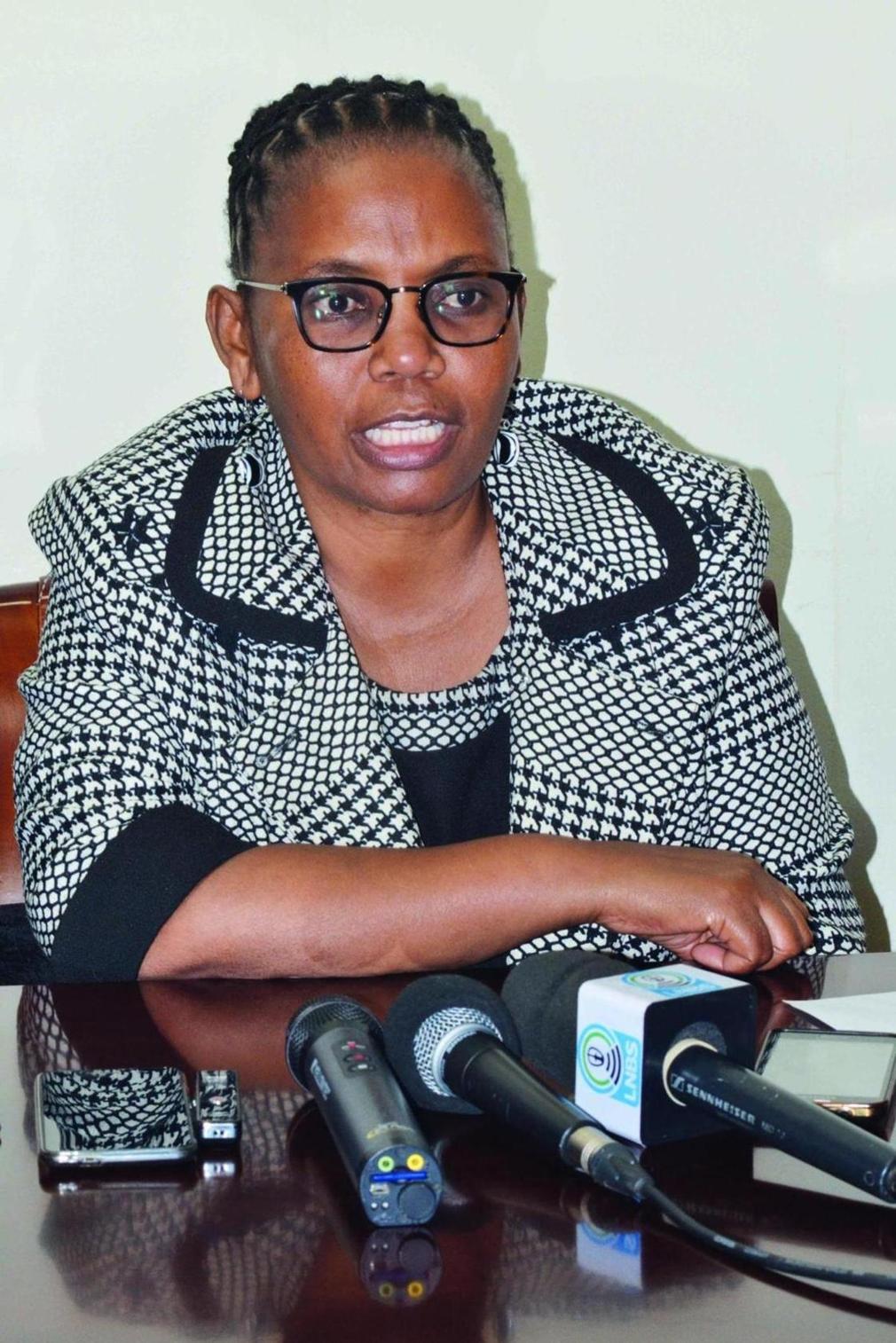Africa-Press – Lesotho. In a quest to implement the Lesotho Qualifications Frameworks (LQF) and achieve its general mandate, the Council on Higher Education (CHE) has appointed 10 quality assurance ambassadors.
The ambassadors, who will advocate for quality assurance and assist the council in its mandate, are from a range of fields though most of them are from the academia.
Their launch (restoration of the ambassadorship) was on Wednesday this week at an event officiated by the Minister of Education and Training (MOET), ’Mamookho Phiri in Maseru.
CHE is mandated to regulate higher education in the country and quality assurance, but MOET in the interim extended their mandate to include implementation of LQF upon its approval in 2020.
The extension of CHE’s mandate to include LQF implementation was strategic in placing management of qualifications in an institution already dealing with quality assurance but the ultimate goal is to have Lesotho Qualifications and Quality Council (LQQC) as an institution overseeing all qualifications.
CHE’s Chief Executive Officer, Dr Litšabako Ntoi, says her institution is working day and night to ensure that the country’s education system is quality assured and says education must always be quality assured.
She said having the ambassadors is a strategy by CHE towards implementing this mandate. The current state of higher education, she argued, is an indication that something is not being done right and said the ambassadors will impart knowledge and their expertise.
She continued that the launch of quality assurance ambassadors should help redeem the situation. Key to challenges facing higher education is the “the period students take before progressing to another level qualification, it is still a challenge that some students find themselves having to do a diploma twice mainly because of systems in place.
”
Ntoi added that “our systems have to be levelled and the LQF rightfully dictates that a diploma should take two years while a bachelor’s degree takes three years and we know because of the practice, we are still holding on to a three-year diploma and four-year degree.
”
These are the ambassadors: Dr Tšebetso Mpooa (Higher Education), Dr Samuel Motlomelo (Educational Psychology and Quality Assurance in Higher Education), Dr Lifelile Matsoso (Higher Eduaction), Dr Pulane Lefoka (Teaching and Education-QA), Dr Puleng Lebitsa specialisee in accounting as well as quality assurance in Higher Education, Dr ’Malimpho Seotsanyana does programme monitoring and evaluation while Dr Lineo Tsekoa is experienced in Nursing Science.
’Mannete Ramaili boasts experience in Business and Public Administration while Puleng Lebitsa is an accountant.
Effective implementation of the Lesotho Qualifications Framework will enable comparison of qualifications which will, in turn, facilitate mobility of students and professionals within the country and internationally.
The ministry says quality is a pillar of education in any country. In her remarks, Phiri said the quality of education should therefore never be compromised adding that the appointment of the ambassadors comes at the right time due to challenges facing education caused by Covid-19.
“All institutions are compelled by prevailing circumstances to seriously consider blended learning or fully fledged online learning,” However, the minister says quality is constant and should be maintained at the same level at all times and thereby called on CHE to ensure that quality is not compromised.
To the ambassadors, the minister said they are on board at a time when the country has started the implementation of LQF. “Because qualifications have to be accredited before first before they can be registered on the LQF, you have your work cut out for you, as quality assurance ambassadors, you are automatically ambassadors for the LQF,” she continued.
Phiri also pointed out that government is aware of the need for increased investments in the improvement of quality assurance not only in higher education but across the board so as to improve quality of teaching and learning and, ultimately, graduates.






